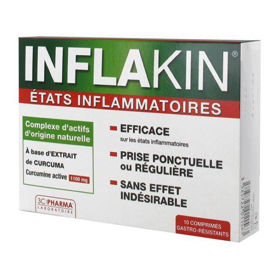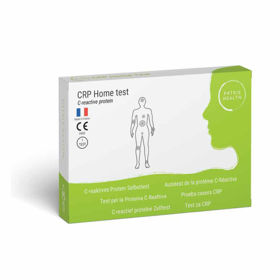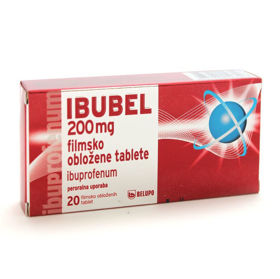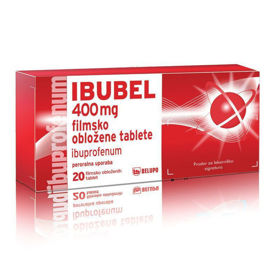Customer question:
How do I know that I have inflammation of the spleen? Does it cause pain? Anonymous customer's question
Pharmacist's answer:
Inflammation of the spleen or An enlarged spleen usually does not cause specific symptoms and is often discovered during a routine physical examination. Imaging and blood tests can otherwise help determine the cause of an inflamed spleen. Inflammation of the spleen is a symptom of an underlying disease - a transient or more severe infection.
Even if the inflammation of the spleen does not cause symptoms, you should still pay attention to the following:
- feeling complete very quickly after eating (an enlarged spleen can put pressure on the stomach)
- a feeling of discomfort or pain behind the left ribs
- anemia and fatigue
- more frequent colds
- common infections
- more frequent bleeding
An enlarged spleen is also called splenomegaly. Treatment for an enlarged spleen depends on what's causing it. Surgery to remove an enlarged spleen is usually not necessary but is sometimes recommended.
If the spleen is malfunctioning, it can remove healthy blood cells.
This can cause:
- anemia due to a reduced number of red blood cells
- increased risk of infection due to reduced white blood cell count
- bleeding or bruising caused by low platelet count
Many infections and diseases can cause inflammation of the spleen.
Factors that contribute to an enlarged spleen include:
- viral infections such as mononucleosis
- bacterial infections such as syphilis or infection of the inner lining of the heart (endocarditis)
- parasitic infections such as malaria
- cirrhosis and other diseases affecting the liver
- different types of hemolytic anemia
- blood cancers such as leukemia and myeloproliferative neoplasms and lymphomas such as Hodgkin's disease
- metabolic disorders such as Gaucher disease and Niemann-Pick disease
- pressure on the veins in the spleen or liver, or a blood clot in these veins
- autoimmune conditions such as lupus or sarcoidosis
Interesting reading: Inflammation of nasal mucosa
Interesting reading: Inflammation of dental nerve signs












 Facebook
Facebook
 Instagram
Instagram
 info@moja-lekarna.com
info@moja-lekarna.com

